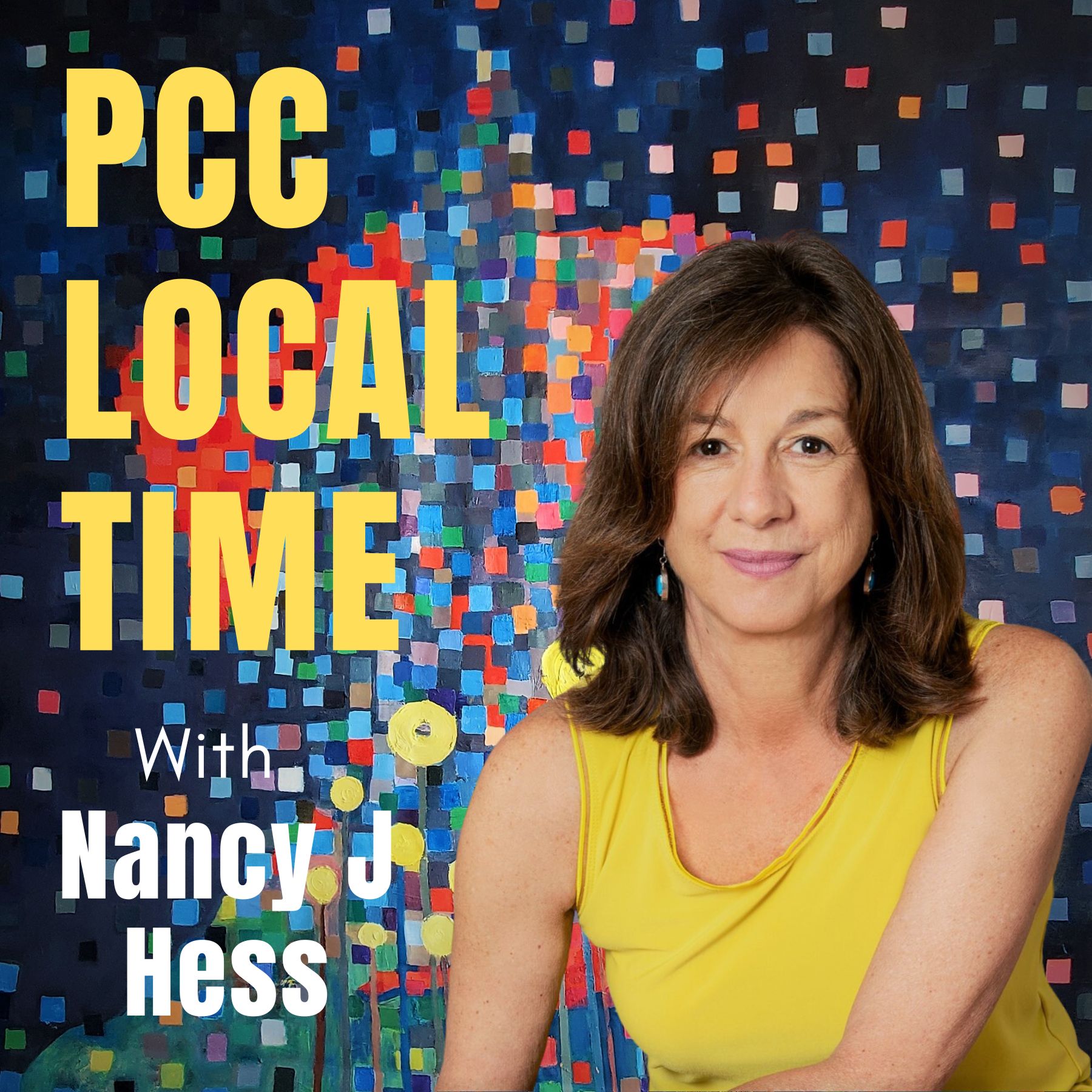Episode 50
Crisis Governance: A conversation with Hugo Marynissen
My guest today is Hugo Marynissen. He is an expert in Crisis Governance and Risk Management Co-holding the Chair of Crisis Governance at University of Antwerp.
Our conversation today will address the question of how leaders might structure organizations to better adapt to an uncertain world. He identifies key myths and assumptions that are part of traditional models that simply, do not work in times of crisis.
He is senior partner at PM•Risk Crisis Change and senior researcher at the University of Antwerp in the Business & Economics, Management department and professor at Antwerp Management School. The focus of his current research is on crisis networks, organizational resilience, normal chaos, and the role of crisis governance as a way to anticipate extreme events.
LINKS
Research Links
Mentioned in Episode:
Normal Accidents: Living with High Risk Technologies by Charles Perrow
TIMESTAMPS
03:00 - Definition of crisis governance and the inherent conflict between crisis and governance.
06:00 - Introduction of the concept of normal chaos and the human factor in crisis creation.
09:00 - Hugo's personal background and journey into academia and crisis management.
12:00 - Working with the fire service and the importance of science and academia in crisis management.
15:00 - Cultural shifts within fire services and the need for multiple good leaders rather than a single strong leader.
18:00 - Collaboration among different emergency services and the impact of hierarchical structures. Examples from the Port of Antwerp and crisis management practices during the COVID-19 lockdown.
27:00 - The concept of resilience in crisis management. Differentiating between bouncing back and bouncing forward after a crisis.
30:00 - The role of leadership in fostering resilience within organizations.
33:00 - Effective coordination and integration of autonomous networks in crisis management.
36:00 - Examples from the Houston Port and the Channel Industries Mutual Aid (CIMA).
39:00 - Real-world implications of network collaboration and trust-building.
42:00 - The role of governance in crisis management and decision-making processes.
- Balancing formal structures with implicit interactions and stakeholder influence.
45:00 - The necessity of political courage and long-term vision in governance.
- Peter Drucker's quote on turbulence and the need to adapt our thinking.
“The greatest danger in times of turbulence is not the turbulence; it is to act with yesterday's logic.”
51:00 - The tendency to repeat mistakes and the lack of learning from past crises.
- Examples from organizational evaluations and recommendations.
54:00 - Addressing systemic issues rather than individual errors in crisis management.
- The slow process of affecting change and the need for ongoing vigilance.
57:00 - Final thoughts on practical steps for improving crisis management.


